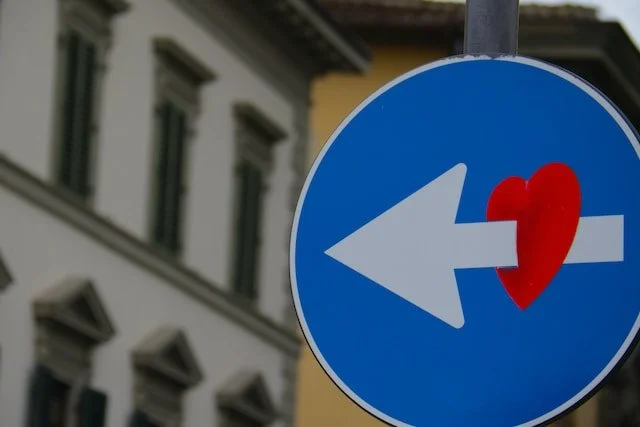Strength and support: addressing domestic abuse within the church: Chris Moles suggests, “In the journey to healing from domestic abuse, it’s important to recognize the importance of God’s church and the community of believers. We are not designed to struggle alone. This community can provide survivors with spiritual, emotional, and practical support as they seek to escape the cycle of abuse and rebuild their lives.”
5 reasons not to follow your heart: Thaddeus Williams explains, “Under the trendy orthodoxy of expressive individualism, life is no longer about bringing our inner selves into the tempo and key of beauty, goodness, and truth. It’s about finding our own inner tune, marching to our own beat, and conducting those around us to play along with our anthems of autonomy.”
This Week's Recommendations
A Call to Raise Daughters Wise to Domestic Abuse: Excellent article by Jeremy Pierre. He begins, “’If your future husband ever lays a finger on you, you better tell me so I can kill him.’ This is the extent to which many dads address abuse with their daughters. It feels effective because it’s simple, protective, and tough. And it also feels kind of awesome to say.
Loving With a Limp: Chris Thomas writes, “Maybe, like Jacob, an encounter with God will leave you living life with a limp, serving with a limp, worshiping with a limp; loving with a limp.”
Cords Have Memory: Lauren Washer likens the memory of electrical cords with our inner lives. “Our inner lives have a similar type of cord memory. We inherit ideas, values, and belief systems from our families, faith backgrounds, and cultural surroundings. Many of these are good and right. But sometimes, the way we’ve always done things or thought about things, isn’t good.”
Bend Me Toward the Light: Glenna Marshall says, “When I find myself spending copious amounts of time pursuing distractions, my prayer has become one of crooked house plants and branchy, horizontal azaleas: “Lord, bend me toward the Light.” Distractions are just that—distractions. We aren’t meant to spend our time and mental margin on things that do not feed our souls. We’ll wither up and die without spiritual nourishment, especially if our flesh is yearning for what the world offers”
The Anatomy of an Apology: Justin Hale responds to this question, “I recently did something hurtful to a family member. Shortly afterward, I said I was sorry but the person didn’t seem to accept my apology. I’ve tried to reach out but they are giving me a bit of a “cold shoulder.” They still seem bugged about what I did. I feel like I’ve done my part and now it’s up to them to accept the apology. Should I be looking at this differently?”






